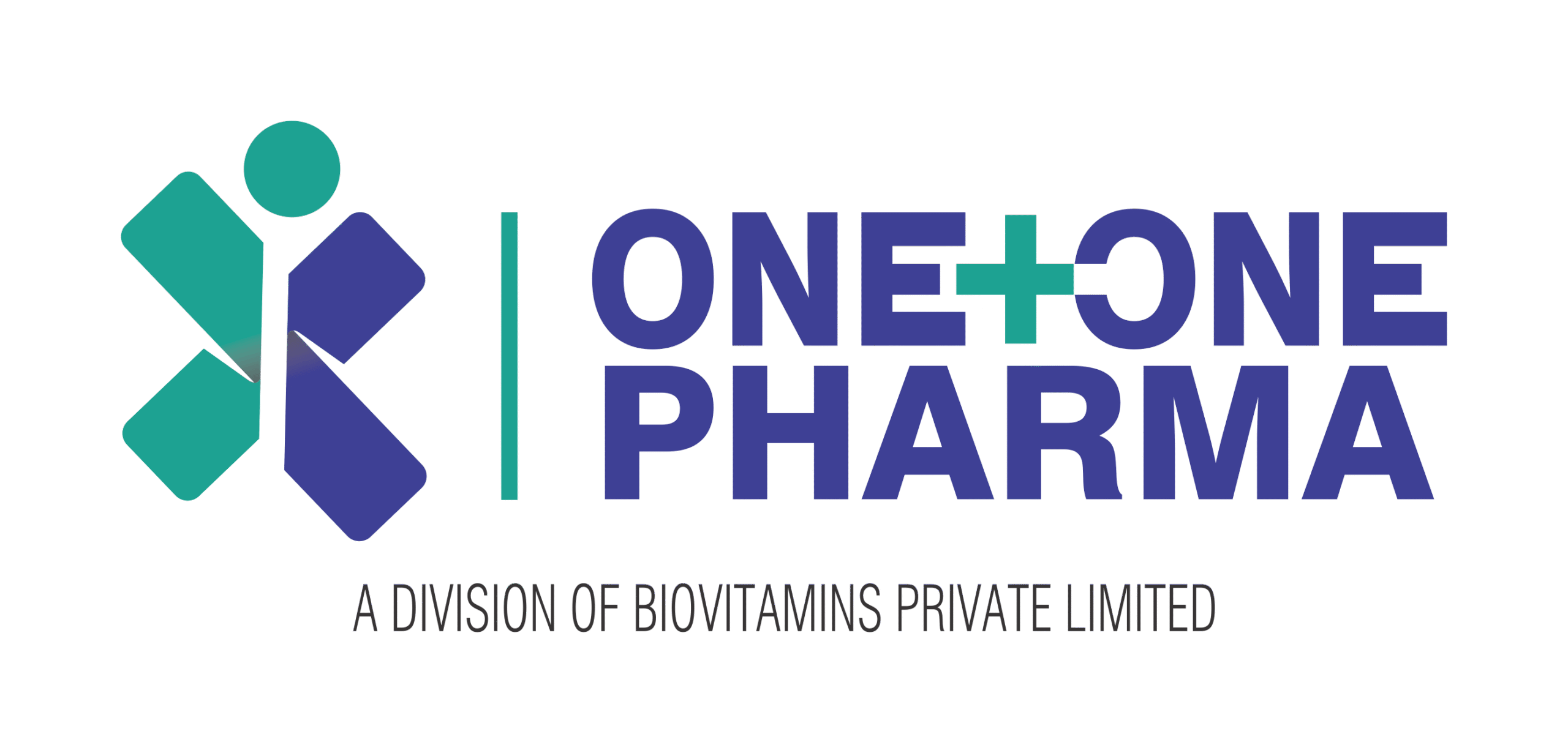Precision andProgress
The global prevalence of obesity and related metabolic disorders has reached epidemic proportions, prompting a surge of interest in innovative weight management solutions. Pharmaceutical companies are at the forefront of this transformation, developing groundbreaking therapies that target the underlying biological mechanisms of weight gain and metabolic dysregulation. This article explores how pharma is reshaping weight management, from novel drug development to integrative treatment approaches.
The Growing Challenge of Weight Management
A Global Epidemic
Obesity is a multifaceted health crisis affecting millions worldwide. Traditional weight management strategies—primarily centered on diet, exercise, and behavioral changes—have long been the first line of defense. However, for many individuals, these interventions alone are insufficient. Genetic predispositions, hormonal imbalances, and environmental factors can all complicate the weight loss journey, creating a significant unmet need for effective therapeutic options.
Economic and Social Impact
The health complications associated with obesity, such as type 2 diabetes, cardiovascular diseases, and certain cancers, impose a tremendous economic burden on healthcare systems. The quest for effective weight management solutions is not only a public health imperative but also a vital economic necessity.

- Innovative Pharmaceutical Interventions
Advanced Drug Therapies
Recent years have witnessed the advent of a new class of drugs designed specifically for weight loss. One of the most prominent examples is the development of GLP-1 receptor agonists, such as semaglutide and liraglutide. Originally developed to treat type 2 diabetes, these drugs have shown significant promise in reducing appetite and promoting weight loss by mimicking the action of the naturally occurring hormone GLP-1, which regulates satiety and insulin secretion.
- Mechanism of Action:
GLP-1 receptor agonists work by enhancing the release of insulin in response to meals, slowing gastric emptying, and reducing hunger signals. This multi-pronged approach not only aids in weight loss but also improves glycemic control, offering dual benefits for patients with obesity and diabetes.
Combination Therapies and Novel Targets
Beyond GLP-1 agonists, pharmaceutical research is exploring combination therapies that target multiple pathways involved in energy regulation. For instance:
- Appetite Suppressants and Metabolic Enhancers:
Drugs that modulate neurotransmitters involved in appetite regulation are being paired with metabolic enhancers to create synergistic effects. By concurrently reducing food intake and boosting energy expenditure, these combinations could offer more sustainable weight loss. - Hormonal Modulators:
Emerging therapies are also looking into the role of hormones like leptin and ghrelin. Modulating these hormones can help recalibrate the body’s energy balance, making it easier to maintain a healthy weight.
Personalized Medicine
Pharmaceutical companies are increasingly leveraging genomic and biomarker research to develop personalized weight management therapies. By identifying individual genetic variations and metabolic profiles, clinicians can tailor treatments to achieve better outcomes. This approach not only enhances the efficacy of drugs but also minimizes side effects, paving the way for precision medicine in weight management.
- Integrating Pharmaceuticals with Holistic Care
Combining Lifestyle and Medical Interventions
While drugs offer powerful tools to combat obesity, experts emphasize that a holistic approach remains essential. Successful weight management programs often integrate pharmaceutical interventions with lifestyle modifications, nutritional counseling, and physical activity. This multi-disciplinary strategy ensures that patients receive comprehensive care tailored to their unique needs.
Digital Health and Telemedicine
The rise of digital health platforms has revolutionized patient monitoring and support. Mobile applications and wearable devices now enable real-time tracking of physical activity, caloric intake, and even metabolic parameters. These digital tools allow healthcare providers to monitor the effectiveness of pharmaceutical interventions and adjust treatment plans dynamically, enhancing patient engagement and adherence.
- Regulatory and Ethical Considerations
Safety and Efficacy
As with any new therapeutic intervention, rigorous clinical trials are essential to ensure both the safety and efficacy of weight management drugs. Regulatory agencies such as the FDA have established stringent guidelines for approval, requiring comprehensive data on long-term outcomes and potential side effects. This regulatory framework not only protects patients but also drives continuous innovation in the field.
Ethical Implications
The increasing reliance on pharmaceuticals to manage weight raises important ethical questions. Critics argue that an overemphasis on medication could detract from addressing underlying societal factors—such as food deserts, sedentary lifestyles, and socioeconomic disparities—that contribute to obesity. Balancing medical interventions with public health initiatives remains a critical challenge for policymakers and healthcare providers alike.
- Future Directions in Pharma-Driven Weight Management
Next-Generation Therapies
The future of weight management is likely to be characterized by even more sophisticated drug therapies. Researchers are exploring novel molecular targets, such as those involved in energy metabolism and fat cell regulation, to develop next-generation treatments. Advances in biotechnology, including gene editing and RNA-based therapies, hold the potential to revolutionize how we approach obesity at a molecular level.
Long-Term Impact and Sustainability
Sustainable weight management extends beyond short-term weight loss. Future pharmaceutical strategies are expected to focus on maintaining metabolic health and preventing weight regain. This could involve the development of maintenance therapies and lifestyle-integrated treatment regimens that support long-term success.
Collaborative Research and Public-Private Partnerships
The complexity of obesity as a health issue necessitates collaboration across sectors. Public-private partnerships, combining the resources of pharmaceutical companies, academic institutions, and government agencies, are essential to drive forward the research and development of innovative weight management solutions. These collaborations can also facilitate the implementation of comprehensive public health strategies that address both individual and community needs.
Conclusion
Pharmaceutical advancements are transforming the landscape of weight management by offering new, effective therapeutic options that complement traditional lifestyle interventions. From innovative drugs like GLP-1 receptor agonists to personalized medicine and digital health integration, pharma is playing a pivotal role in addressing one of the most pressing public health challenges of our time. While these innovations bring hope for millions of individuals, a balanced approach that also addresses the broader social determinants of health is essential for long-term success.
As research continues to evolve, the future of weight management will likely involve even more precise, sustainable, and integrated approaches—ushering in a new era of healthcare where pharmaceutical science and holistic care work hand in hand to combat obesity and improve overall well-being.

